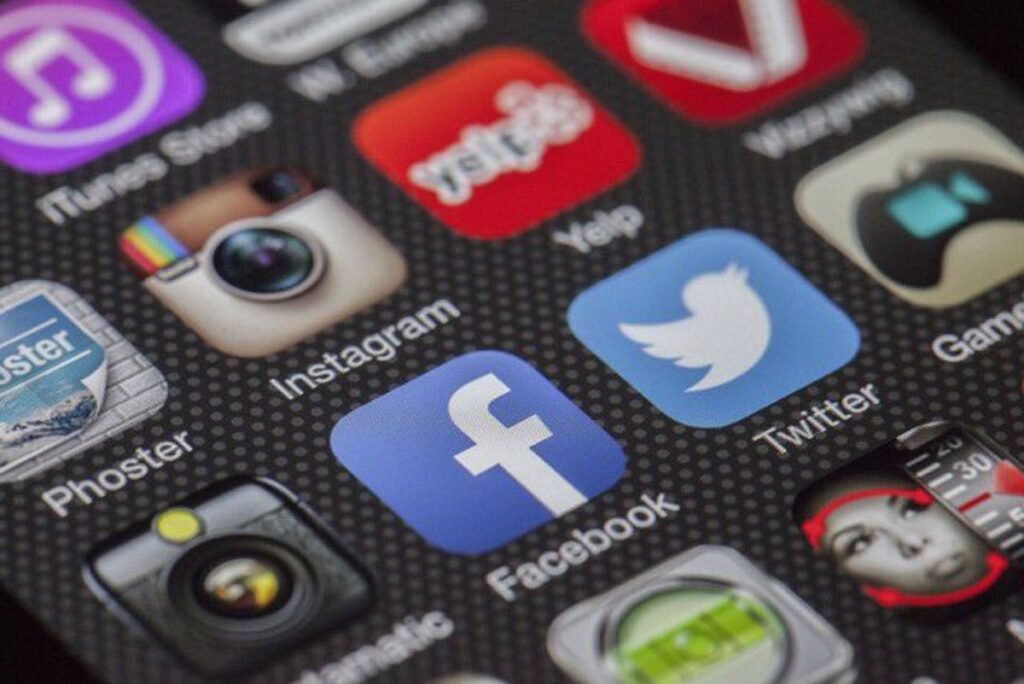Janvic Mateo, May 21, 2021, OneNews.ph
The 18 million pieces of content from Facebook and Instagram from all over the world were taken down for violating policies on COVID-19-related misinformation and harm.
More than 18 million pieces of content featuring false information about COVID-19 have been taken down from Facebook and Instagram since the start of the pandemic last year.
“From the start of the pandemic to April 2021, we removed more than 18 million pieces of content from Facebook and Instagram globally for violating our policies on COVID-19-related misinformation and harm,” Guy Rosen, Facebook’s vice president for integrity, said in a blog post on Wednesday, May 19.
“COVID-19 continues to be a major public health issue, and we are committed to helping people get authoritative information, including vaccine information… We’re also working to in-crease vaccine acceptance and combat vaccine misinformation,” he added.
Facebook, which also owns Instagram and WhatsApp, did not provide specific details on the content that have been removed for violating its policies on COVID-19.
The development was included in the platform’s latest community standards enforcement report, which provided details on the number of violations that were flagged in the first quarter of 2021.
Earlier, Facebook said it had strengthened its efforts to combat misinformation about the pandemic by removing COVID-19 content “that contributes to the risk of real-world harm” such as those that increase the likelihood of exposure to or transmission of the virus or having adverse effects on the public health system’s ability to cope with the pandemic.
“Under our Community Standards, we remove misinformation when public health authorities conclude that the information is false and likely to contribute to imminent violence or physical harm,” it said.
“The goal of this policy is to reduce health harm to people, while also allowing people to discuss, debate and share their personal experiences, opinions and news related to the COVID-19 pandemic,” it added.
Facebook has identified specific claims that it takes down from its platforms for violation of its rules, such as those that deny the existence or downplay the severity of pandemic, guarantee cures or prevention methods or discourage good health practices.
It also covers misinformation and debunked claims about the vaccines, such as those saying that these are dangerous or not effective in preventing the disease they are meant to protect against.
Facebook also removes claims that can contribute to physical harm by inaccurately representing the access to or availability of public health infrastructure, as well as those that public health authorities say could lead to negative outcomes.
“For the duration of the COVID public health emergency, we remove content that repeats other false health information, primarily about vaccines, that are widely debunked by leading health organizations such as the World Health Organization and the Centers for Disease Control and Prevention,” the company said.
“The goal of this policy is to combat misinformation about vaccinations and diseases, which if believed could result in reduced vaccinations and harm public health and safety,” it added.
Facebook said pages, groups, profiles and Instagram accounts that repeatedly post misinformation or coordinate harm related to COVID-19, vaccines and health may face restrictions such as reduced distribution, removal from recommendations or removal from the site.
Last month, Facebook and other leading technology companies, Google, TikTok and Twitter partnered with the Department of Health (DOH) in a new campaign to address misinformation about the COVID-19 vaccines.
Called #ChecktheFAQs, the campaign aims to encourage the public to fact-check vaccine information that they come across on different online platforms.
Facebook, Google, TikTok and Twitter all committed to support and build awareness about the initiative, which includes a new page on the DOH website (https://doh.gov.ph/faqs/vaccines) where Filipinos can access accurate information about COVID-19 vaccines.
The page provides answers to the frequently asked questions about the vaccines, such as their availability and possible side effects.
It also directs users to additional resources, such as details about the different COVID-19 vaccines and how they are different from each other.

